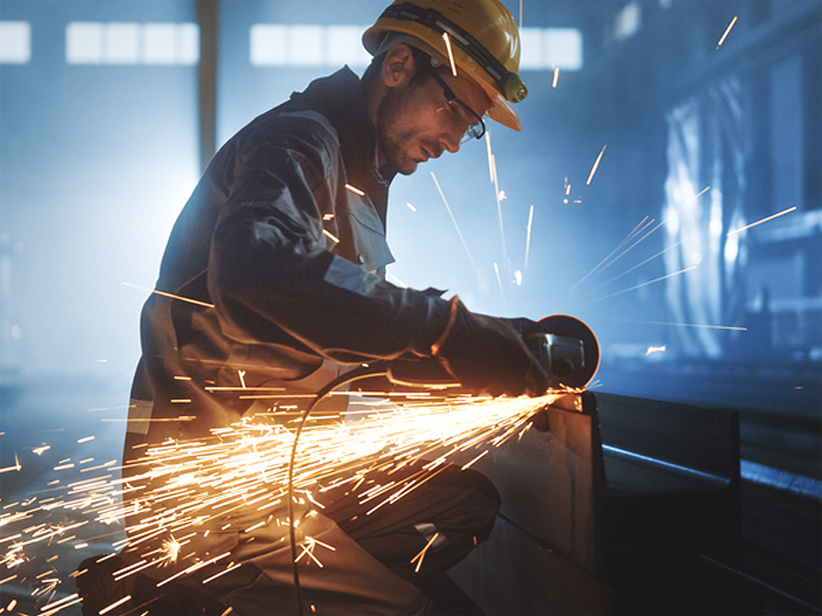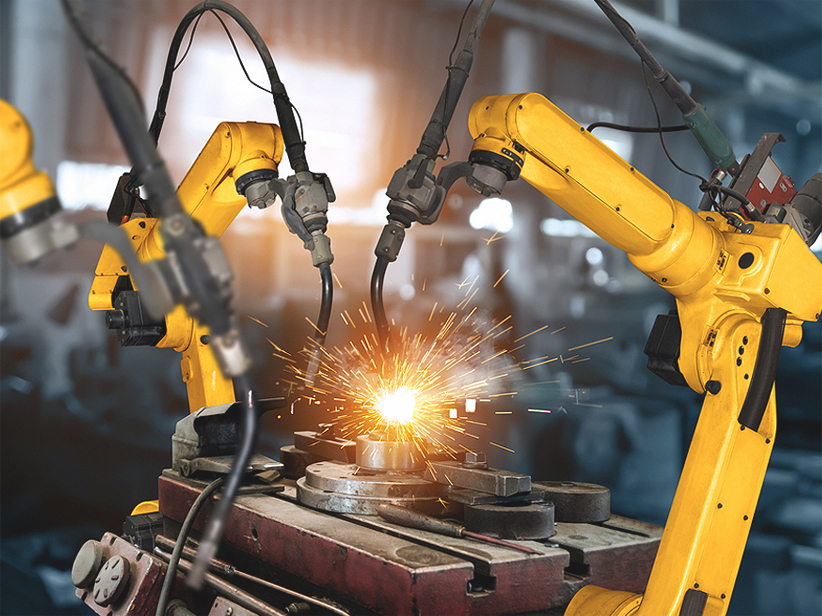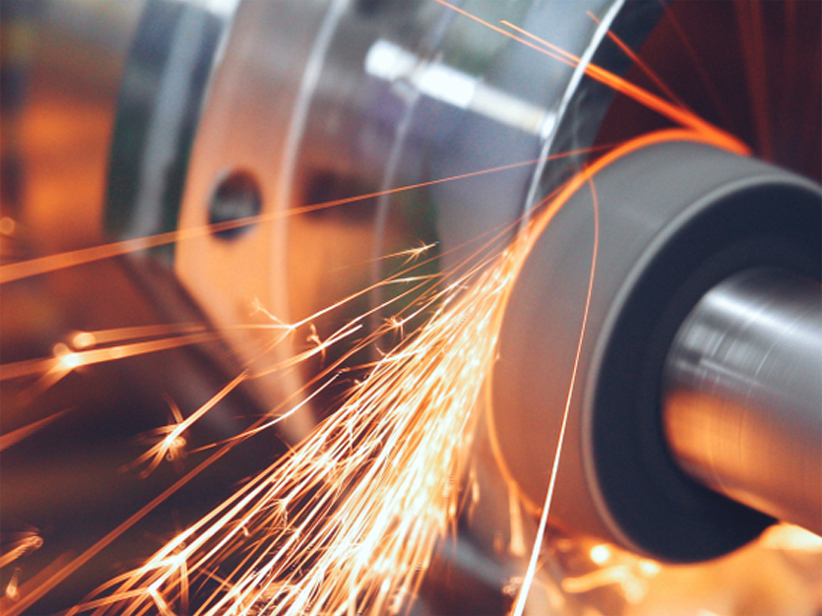Stainless Steel - Grade 430LNB / 1.4526
Description
Stainless Steel Grade 430LNB / 1.4526 is a ferritic stainless steel known for its excellent formability and corrosion resistance. The addition of niobium enhances its weldability and strength. This grade is often used in applications requiring good mechanical properties and resistance to atmospheric and mildly corrosive environments. Its lower carbon content reduces the risk of intergranular corrosion following welding.
Chemical Composition
- Carbon (C): ≤ 0.030%
- Chromium (Cr): 16.0 - 18.0%
- Manganese (Mn): ≤ 1.00%
- Silicon (Si): ≤ 1.00%
- Sulfur (S): ≤ 0.015%
- Nickel (Ni): ≤ 0.60%
- Phosphorus (P): ≤ 0.040%
- Niobium (Nb): 0.30 - 0.80%
- Iron (Fe): Balance
Mechanical Properties
- Tensile Strength: 450 - 600 MPa
- Yield Strength: 280 MPa (minimum)
- Elongation: 20% (minimum in 50 mm)
- Hardness: ≤ 200 HB (Brinell Hardness)
Thermal & Physical Properties
- Density: 7.7 g/cm³
- Melting Point: 1425 - 1510°C
- Thermal Conductivity: 26 W/m.K (at 20°C)
- Coefficient of Thermal Expansion: 11.0 µm/m.°C (20-100°C)
- Specific Heat:460 J/kg.K (at 20°C)
- Electrical Resistivity:600 μΩ•cm (at 20°C)
Other Designations
- UNS: S43036
- EN: 1.4526
- JIS:SUS430LX
- BS: 430S29
Fabrication and Heat Treatment
- Welding: Grade 430LNB / 1.4526 is suitable for welding by all standard methods. The addition of niobium helps prevent grain growth and enhances weldability.
- Forming: It can be readily formed using standard techniques, such as bending, drawing, and pressing.
- Annealing: Anneal at temperatures between 760°C and 815°C, followed by air cooling.
- Machining: Machinability is comparable to that of other ferritic stainless steels, and cutting speeds should be adjusted to account for its higher hardness.
Applications
- Automotive: Trim and molding components, exhaust system parts.
- Appliances: Dishwasher linings, refrigerator panels.
- Construction: Roofing and cladding materials.
- Chemical Industry: Equipment exposed to mildly corrosive environments.
- Kitchenware: Sinks, countertops, and other fixtures.
Supplied Forms
- Bars
- Coils
Features
- Corrosion Resistance: Good resistance to atmospheric and mildly corrosive environments.
- Formability: Excellent formability, making it suitable for a variety of manufacturing processes.
- Weldability: Enhanced by the presence of niobium, preventing grain growth and maintaining strength.
- Cost-Effective: A more economical alternative to some austenitic stainless steels.
- Magnetic: Exhibits magnetic properties, which can be advantageous in certain applications.






